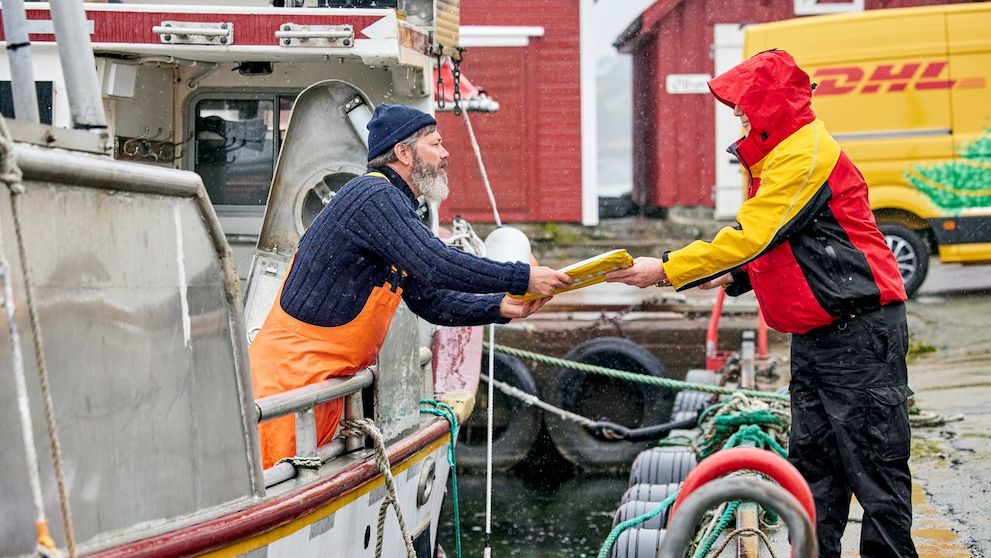New Zealand's cultural heritage is a unique blend of Māori and European influences that is both rich and diverse, making it an integral part of the country's identity and a source of pride for its people. However, this heritage is at risk of being lost, particularly in the face of rapid urbanisation and globalisation. This is where businesses can play a crucial role in preserving and promoting cultural heritage in New Zealand.
Why is cultural heritage important?
Cultural heritage is essential for several reasons. Firstly, it connects us to our past and roots us in our present. This provides a sense of identity and belonging and helps Kiwis understand our origins. Secondly, cultural heritage is an essential source of knowledge, creativity, and innovation. It shapes our values and perspectives and inspires us to think differently. Finally, cultural heritage is a vital economic resource as it attracts tourists and promotes social cohesion and diversity.
Being a good corporate citizen pays
So how does corporate social responsibility (CSR) tie into the preservation of cultural heritage, and does it really pay off for businesses? For many companies, supporting cultural heritage preservation efforts in New Zealand can have significant benefits. Firstly, it can enhance brand recognition and customer loyalty. By demonstrating a commitment to cultural heritage, businesses can build a positive reputation and foster deeper connections with their customers. Secondly, it can improve relationships with the local communities. By supporting cultural initiatives and organisations, businesses can demonstrate that they care about the environment and local communities. This helps companies stand out in the competitive marketplace, as they have earnt the trust and support of the community through their CSR efforts. Finally, cultural heritage preservation as mentioned earlier is essential, as it can lead to increased innovation and competitiveness. By tapping into the creativity and knowledge embedded in cultural heritage, businesses can generate new ideas and products that differentiate them from competitors.
What roles can businesses play in preserving cultural heritage?
To preserve New Zealand's cultural heritage, businesses can play a variety of roles. To get started, can show their support towards cultural organisations and initiatives through donations, sponsorships, and partnerships. By doing so, they can help museums, art galleries, cultural festivals, and heritage preservation programmes thrive.
Another way businesses can make a difference is by preserving cultural landmarks, such as historic buildings, monuments, and archaeological sites. They can provide funding for restoration and maintenance of these sites, and even promote its tourism, which helps to spread awareness and appreciation for their significance.
Businesses can also promote cultural heritage through their products and services. Imagine incorporating cultural motifs and designs into products or offering unique cultural experiences to customers. Additionally, promoting cultural awareness through marketing and branding efforts can help to increase public interest and appreciation for New Zealand's diverse cultural heritage.
Tips and best practices to help preserve cultural heritage
Preserving cultural heritage requires a coordinated effort from everyone, including businesses. Here are some tips and best practices:
Support education and awareness: As part of its social responsibility initiatives, businesses can support education and awareness programmes that help people understand the importance of cultural heritage and how they can contribute to its preservation.
Foster partnerships: Businesses can foster partnerships with cultural organisations, government agencies, and other stakeholders to promote and preserve cultural heritage. This can include sharing resources, knowledge, and expertise.
Partner with local communities: Businesses can work with local communities to identify the cultural heritage sites that are in danger of being lost and devise plans to protect them.
Encourage responsible tourism: Businesses can promote practices that respect and protect cultural heritage sites. This can include educating tourists about the significance of these sites, promoting sustainable tourism practices, and collaborating with local tourism organisations.
Use sustainable practices: Businesses can adopt sustainable practices that minimise damage to the environment and cultural heritage sites. This can include using renewable energy sources, reducing waste and pollution, and using eco-friendly products.
Supporting local: By sourcing products and services locally, businesses can support local economies and help preserve cultural traditions and practices. This can include working with local artisans, using local materials, and promoting local products and services.
Using local: Businesses can consider offering training and employment opportunities to members of the local community, helping to create sustainable economic and social growth in the communities in which they operate.
Creating local: Businesses can incorporate cultural heritage into product design and development to create products that resonate with customers. This can include using traditional materials and techniques, incorporating cultural motifs and designs, and highlighting cultural significance in product descriptions.














































